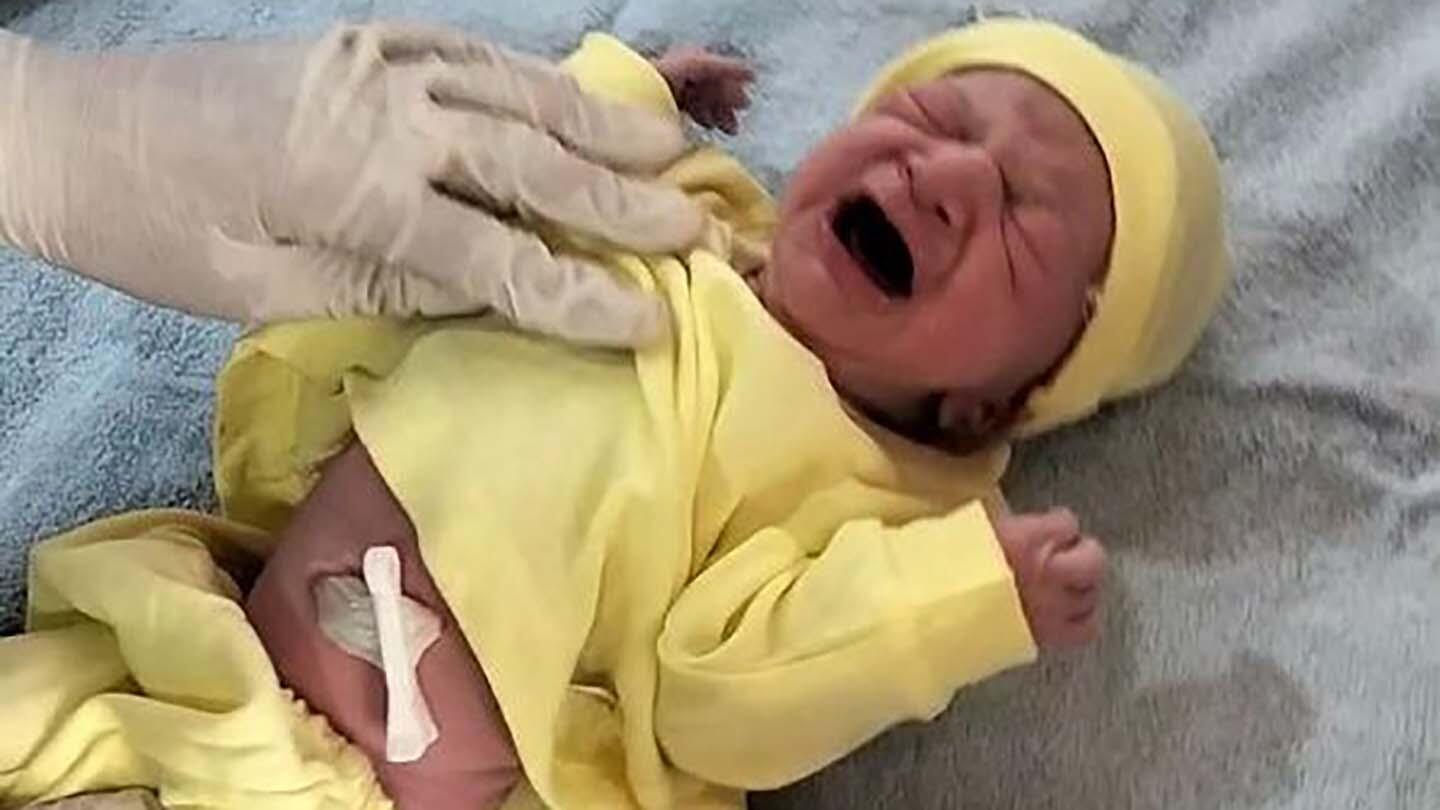Nuristan, Afghanistan – Nasrat Bibi was nine months pregnant when she visited the Chataras Family Health House (FHH) complaining of abdominal pain and suspecting food poisoning due to bad food she had ingested. However, upon examination by a midwife, she was in the early stages of labour.
Midwife Halima wasted no time. She immediately admitted Nasrat into the FHH to monitor the progress of the contractions. It was not the first childbirth for the 30-year-old Nasrat, who already has five children aged 10 years old and one year old. But it was her first time to deliver in the hands of a skilled midwife and in a birthing facility.
Halima had known Nasrat from the beginning of her pregnancy. The pregnant mother, who had delivered her previous five children at home, was excited to deliver in the facility for the first time. But she was also anxious as she did not know what to expect. She consciously prepared for the moment, following all the advice from the midwife during her four antenatal visits to the FHH while she was pregnant.
As Nasrat’s labour quickly progressed, Halima took her to the delivery room to prepare for the childbirth, which took place in no time. About an hour later, the midwife announced the birth of Nasrat’s newborn son.
However, the celebration inside the delivery room was short-lived. Halima noted that the placenta did not immediately come out. The situation raised a concern for Halima as retained placenta can lead to complications such as heavy bleeding and infection.
Halima knew she had to act immediately. "I gave her a second dose of oxytocin and tried to assist in delivering the placenta; however, the placenta still did not come out,” the midwife said. Remembering her training in handling such a situation, Halima did not budge.
She administered another medication and manually removed the placenta. “To prevent bleeding, I also gave her 800 micrograms of misoprostol under her tongue.” The midwife could only sigh in relief as her actions proved effective, and the placenta finally came out.
Halima credits the training she received from UNFPA and partners before she started working in the FHH for the appropriate measures she took to prevent a potential childbirth complication.
Nasrat was thankful for the skilled care she received in the FHH, which is supported by the Government of Canada through UNFPA. “Before this facility existed, many women in the village faced difficulties during childbirth,” she said as the midwife swaddled her newborn son with a clean cloth.
"We are very pleased with the services provided by this FHH,” she said. “I hope that more women giving birth from nearby villages will experience the same care I received.”


